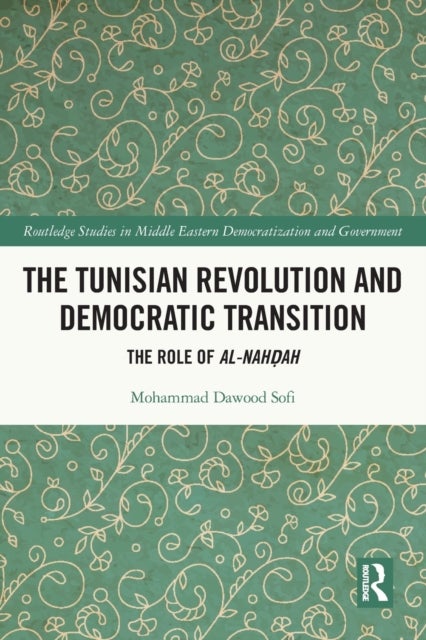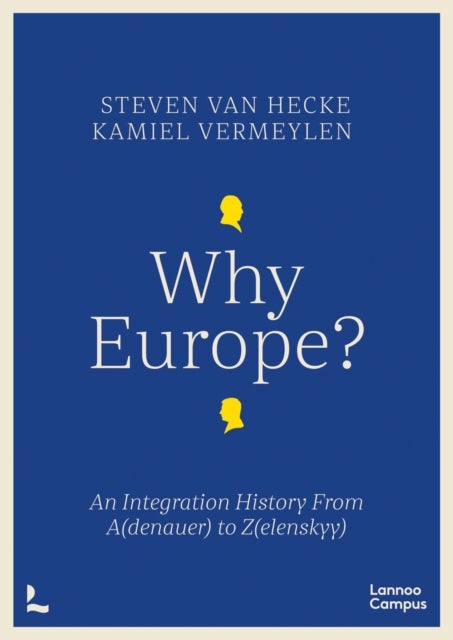
The Tunisian Revolution and Democratic Transition av Mohammad Dawood (University of Kashmir India) Sofi
529,-
<P>Drawing on the history of post-independence Tunisia, the book studies the evolution of <I>al-Nah?ah</I> as a political party in Tunisia and its role in a protracted struggle to shape the post-authoritarian order along democratic lines. It explores <I>al-Nah?ah</I>''s relationship with the Tunisian state, society and beyond that resulted in shaping its fluctuating expressions of ideology and practices.</P><P></P><P>State repression, political participation, or internal differentiation (among other factors) place an Islamic movement (in this case <I>al-Nah?ah</I>) in such a situation that demands a perpetual self re-evaluation as well as implementation of ideology, objectives, and political programmes. The study explains how the socio-political setting in Tunisia demanded various ideologically opposite currents (Islamic, liberal, or leftist) to endure cross-ideological cooperation either to contest authoritarian regimes or to engage in the political process. It more importan








